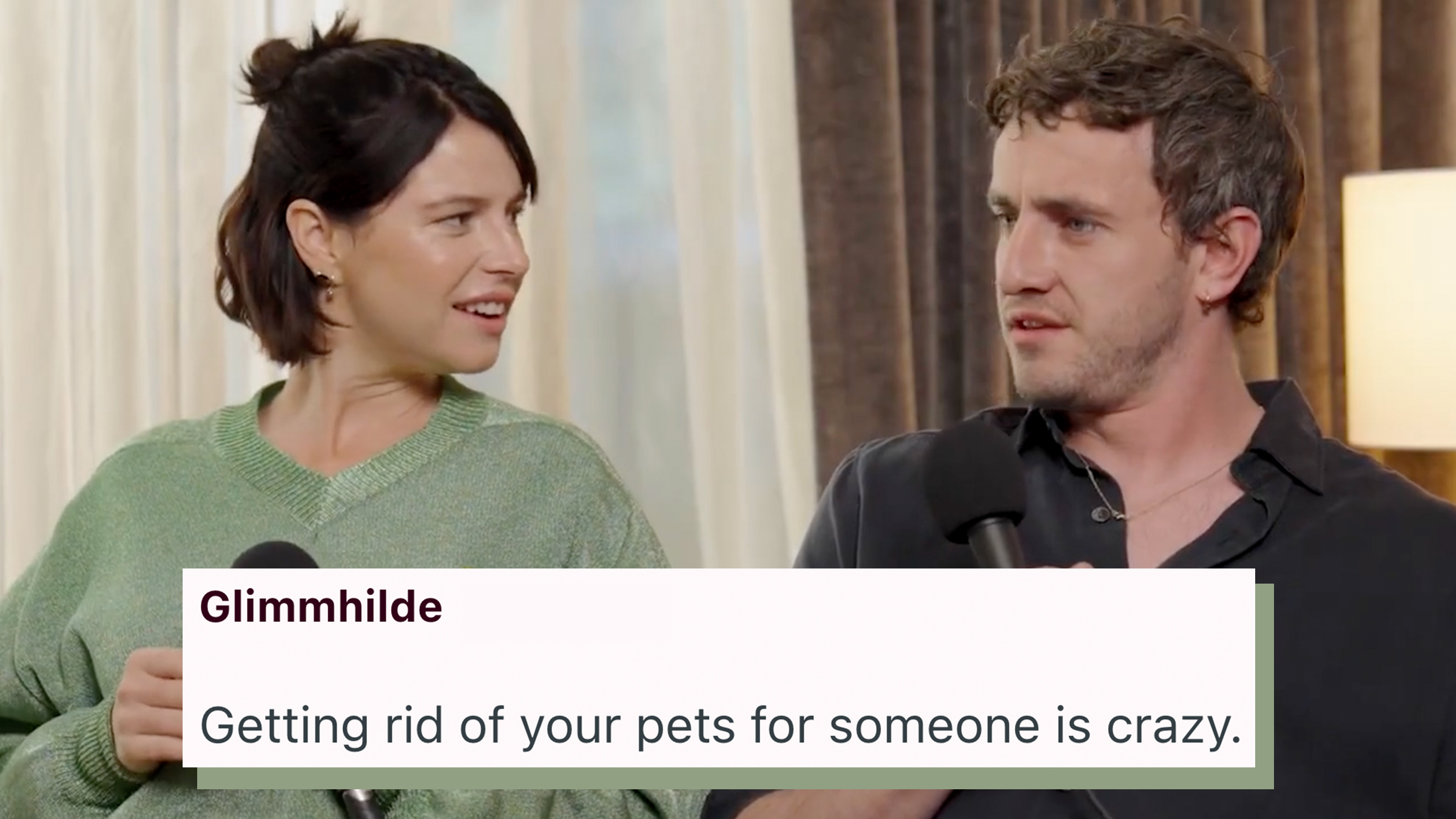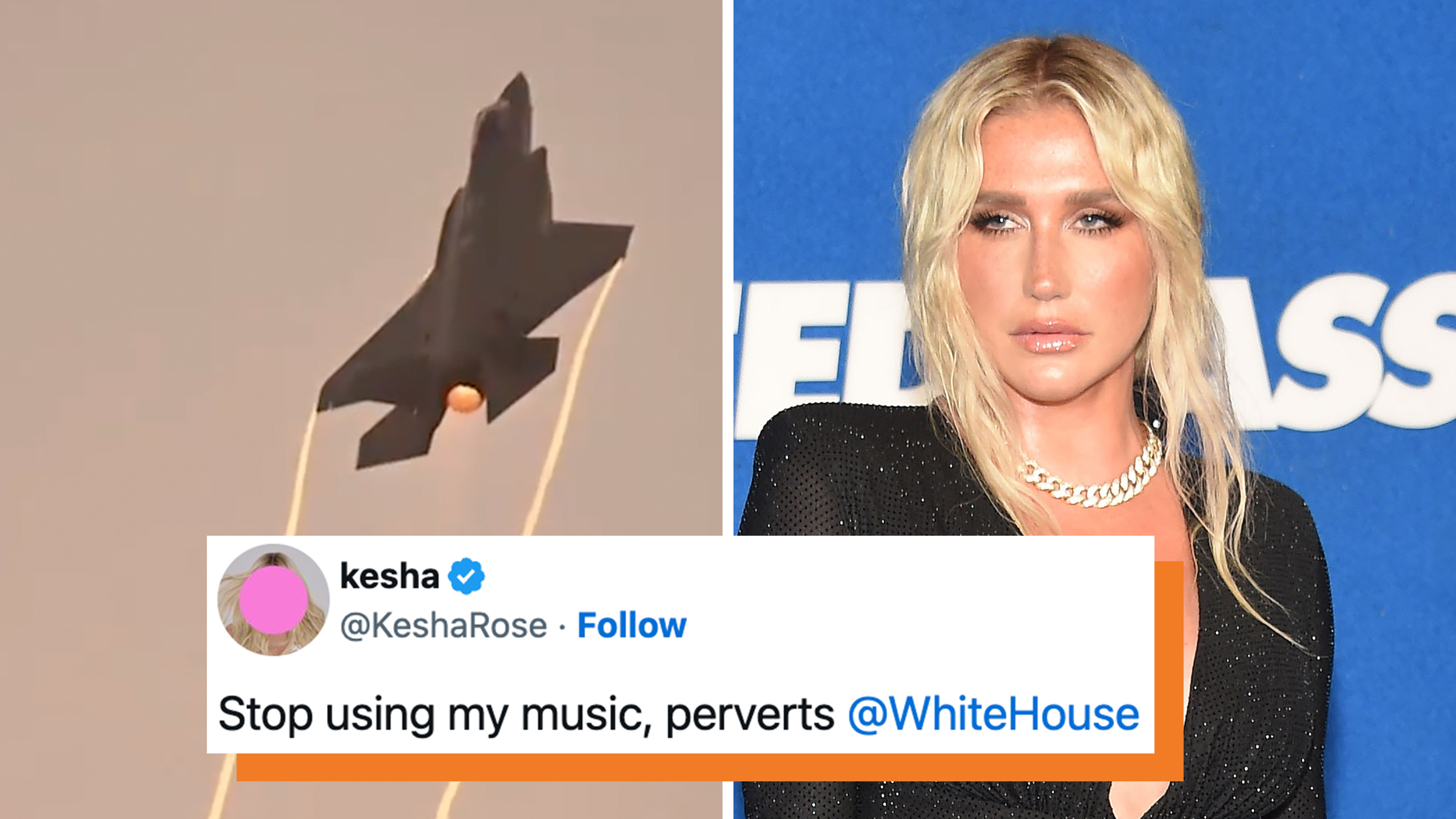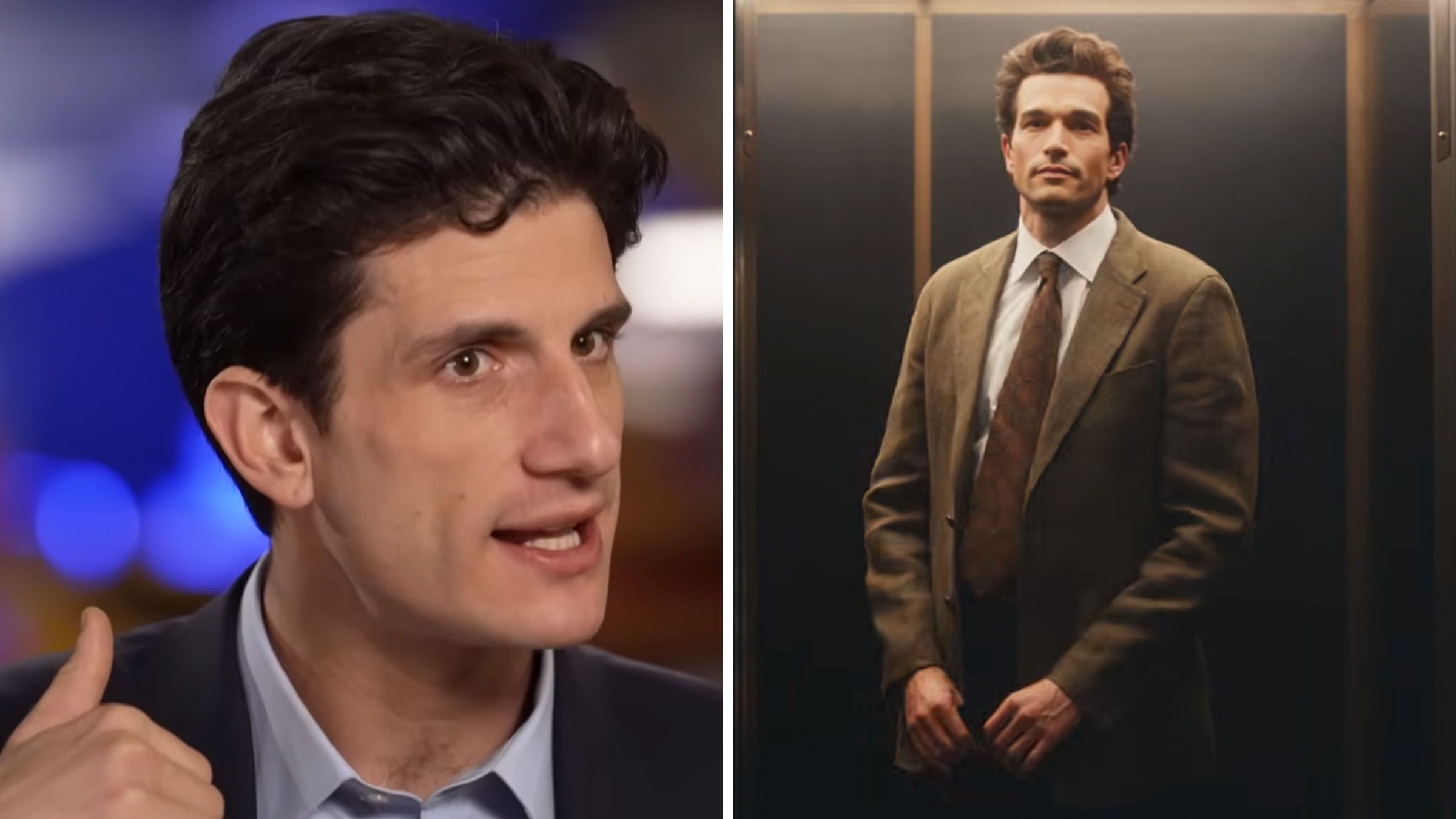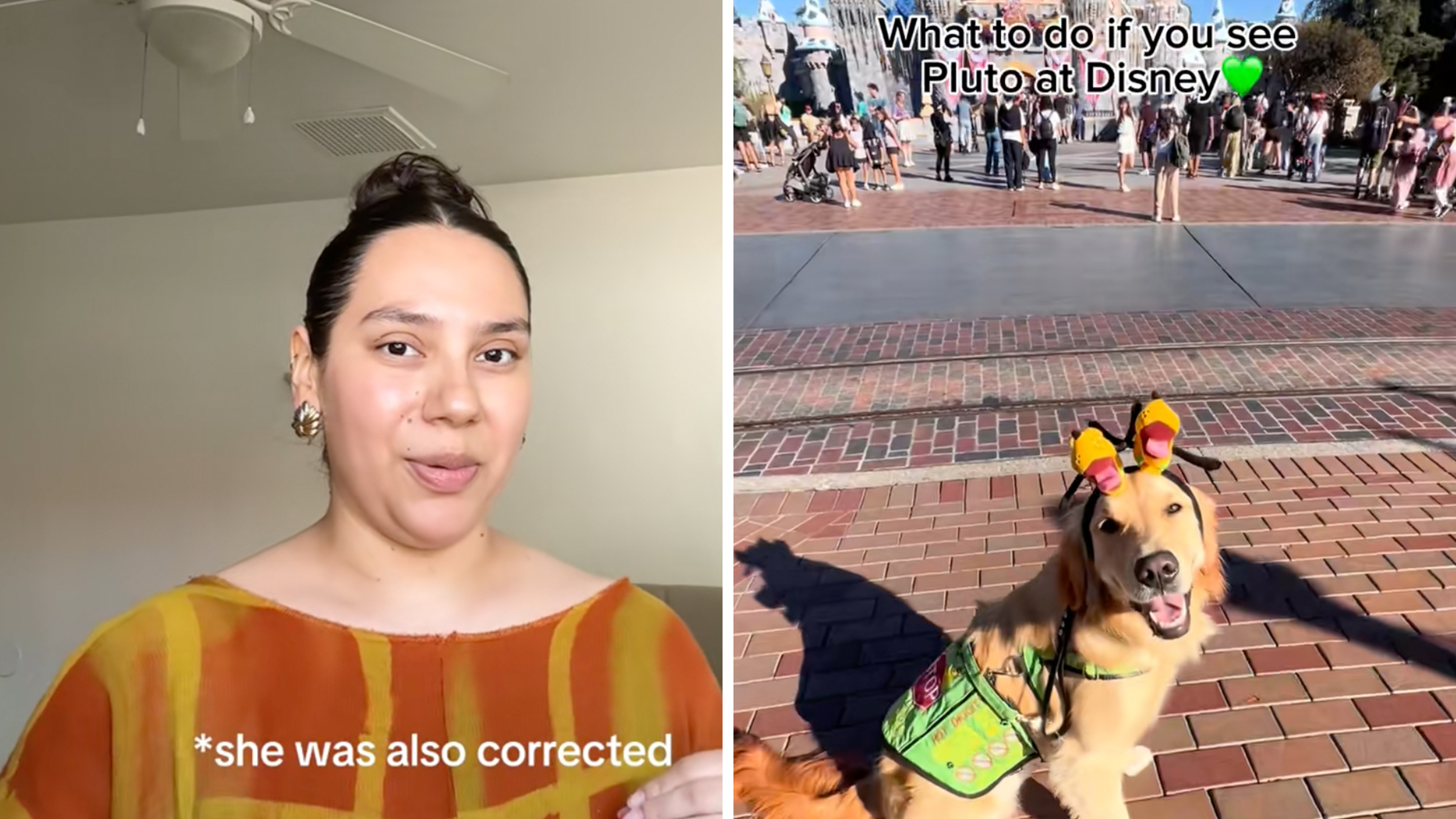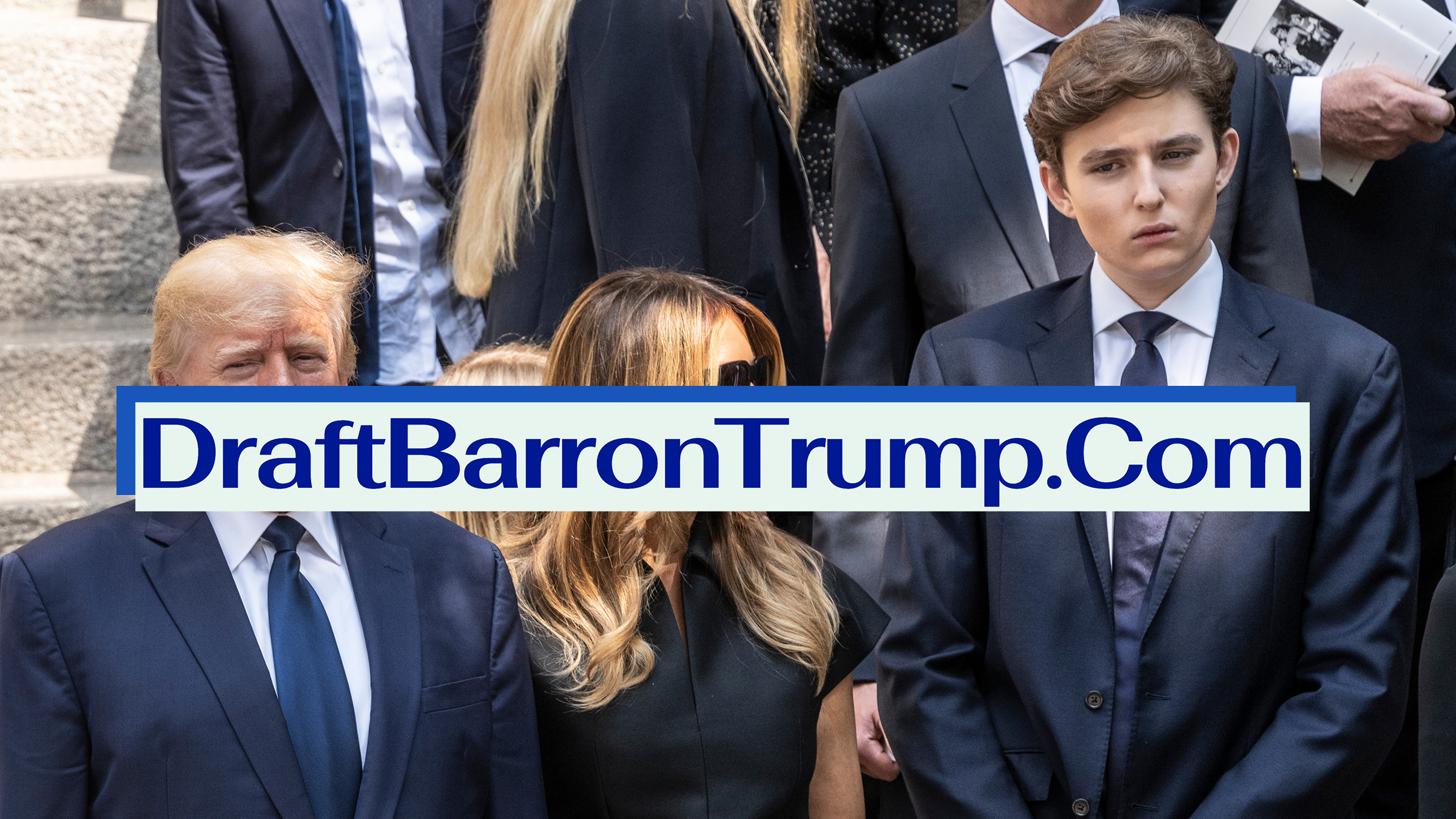
What do Anthony Padilla, the Try Guys, JacksFilms, and Good Mythical Morning all have in common? Other than the fact that they are all incredibly popular YouTubers with millions of views, they’ve all recently taken sponsorships from BetterHelp.
The online therapy platform has been aggressively promoting YouTuber sponsorships over the past half-decade. Its reach has grown in the wake of a series of controversies that have called into question the platform’s legitimacy.
Founded in 2013, BetterHelp was acquired by telehealth company Teladoc in 2015. This acquisition transformed BetterHelp from a small business with under $5 million in revenue to a juggernaut. It pulled in a projected $60 million in revenue by 2018.
Its strategy was simple: flood the market with ads on content from YouTubers, streamers, and podcasters. Burnout and mental health issues are common byproducts of influencer life, seemingly giving creators a chance to market to their audiences authentically.
“BetterHelp has collaborated with influencers and celebrities who use their platforms to share personal mental health journeys, reduce stigma, and encourage others to seek help,” the company wrote in a December 2023 blog post. “Through these partnerships, BetterHelp reaches a wider audience, fostering open conversations about mental health and normalizing the act of seeking counseling.”
But despite its recent big-name partnerships with creators, in 2018, BetterHelp found itself in a massive scandal due to its YouTuber collaborations. That year, creators like Felix “PewDiePie” Kjellberg and Memeology 101 posted videos that pulled in millions of views and soured the company’s reputation.
These creators specifically spoke out about how BetterHelp claimed to offer licensed professionals. But the platform’s terms of service specifically stated it does “not control the quality of the Counselor Services” or “determine whether any Counselor is qualified to provide any specific service.”
The YouTuber controversy led the company’s founder, Alon Matas, to address the situation in an October 2018 blog post. In it, Matas said BetterHelp does have processes in place to check the licenses of its therapists. However, he clarified that BetterHelp would remove the controversial line in its terms of service — which it did.
He then claimed the company was doing better than ever. He said it “had a record number of new members who signed up” the week the controversy broke.
The platform continued to advertise heavily in the creator space but focused more on podcasts after the scandal, like Tigerbelly. According to data analyst firm Magellan AI, BetterHelp was the biggest advertiser in the space in December 2020. During that month, it spent $7 million across 556 podcasts.
Over the past couple of years, the company appears to be trying to win back YouTube. In Influencer Marketing Hub’s 2021 report on advertising on YouTube, BetterHelp didn’t break the top 10 advertisers. But in 2022, it spent $10 million on YouTube sponsorships, making it the eighth-highest spender.
But in March 2023, the FTC ordered BetterHelp to pay $7.8 million in partial refunds. This was part of a settlement after the company forced users to “hand over sensitive health information through unavoidable prompts.” ...

